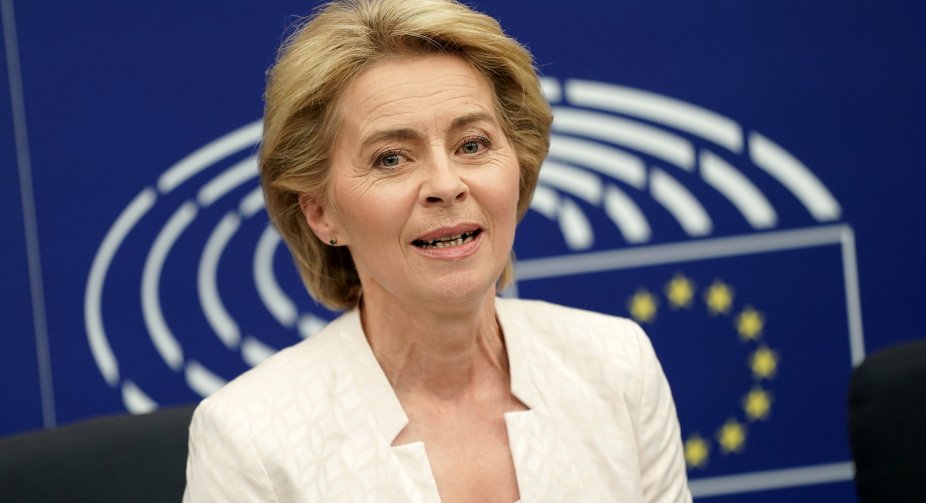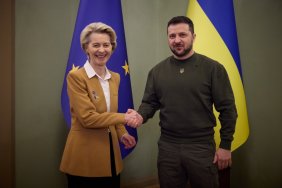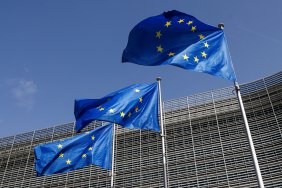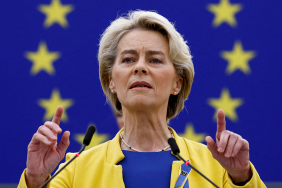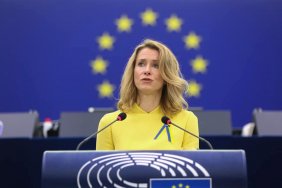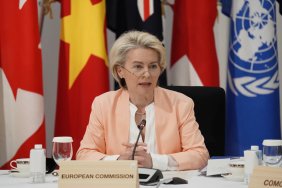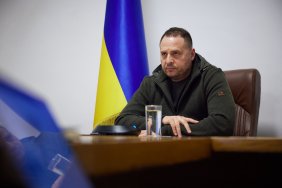The President of the European Commission, Ursula von der Leyen, said that tomorrow the EU will transfer the first 3 billion euros from the 18 billion macro-financial aid to Ukraine agreed in December for 2023.
"Helping Ukraine to meet its financing needs to counter Russian aggression is important and urgent. The European Commission is acting with maximum speed and determination: tomorrow we will transfer the first 3 billion euros from the 18 billion macro-financial support agreed in December," Von der Ley wrote. Twitter.
Ukraine and the EU signed a memorandum on 18 billion euros of macro-financial assistance from the European Union for 2023, the Ukrainian government expects the first tranche of 3 billion this week.
As European Truth learned, the loan repayment period is 35 years. It is noteworthy that the EU has never lent funds to Ukraine for such a period. Last year's loans had a term of 25 years, before the Great War it was usually about a 15-year term.
This length of the loan makes it easier to repay, because in two to three decades the real value of 1 euro will be significantly lower than today, the article says.
Another important point is that Ukraine will not have to pay for the loan in the next 10 years. Repayment is to begin only in 2033. This is an unprecedentedly long grace period.
In addition, debt write-off or its repayment from the contribution of the aggressor state is also not excluded. And here the debt will actually turn into a grant.
In addition, Ukraine will not pay interest and other payments for servicing this loan. Interest will be paid by EU countries instead of Ukraine.
However, it should be emphasized that under the terms of the 18 billion dollar loan described in the agreed memorandum between Ukraine and the European Commission, the "interest subsidy" is activated in exchange for the implementation of reforms.
"In essence, we can talk about the end of the period when the EU perceived the war as a sufficient justification for problems with the implementation of quality structural reforms," the publication said.
